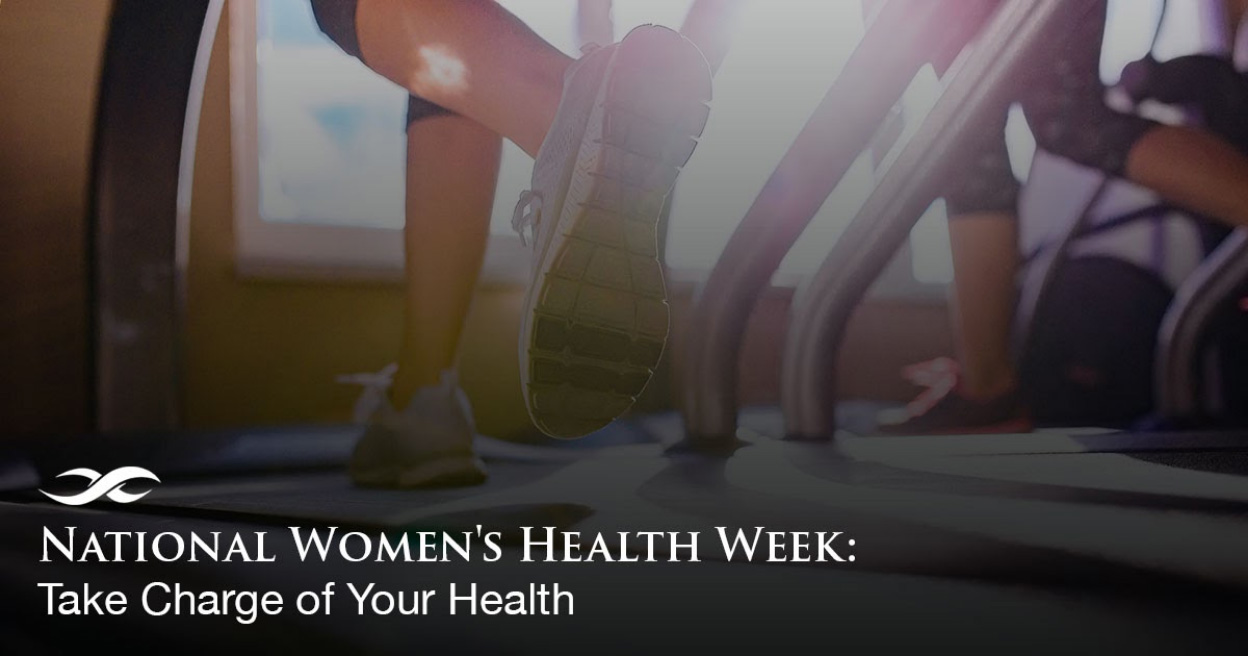National Women’s Health Week: Take Charge of Your Health

It’s National Women’s Health Week this week! This health initiative was put into place by the U.S. Department of Health and Human Services’ Office on Women’s Health to serve ‘as a reminder for women to make their health a priority and build positive health habits for life.’
While each woman takes charge of their health in different ways, some methods to do so include the following:
- Yearly checkups
- Preventive screenings
- Vaccines
- Active lifestyle
- Healthy eating
The physicians at Vascular & Vein Institute of Siouxland specialize in treating many conditions, some of which affect more women than men. Keep reading to learn more about uterine fibroids and varicose veins.
Uterine Fibroids
Uterine fibroids are common, with more than 200,000 new cases in the US each year. According to the Society of Interventional Radiology, 20-40% of women age 35 and older have fibroids of significant size.
Uterine fibroids are noncancerous growths that occur in the muscle cells of the uterus. These fibroids don’t spread to other areas of the body, typically aren’t dangerous, and often appear during childbearing years. Below are common symptoms experienced by patients with uterine fibroids:
- Pelvic pressure or pain
- Heavy menstrual bleeding
- Menstrual periods that last more than a week
- Severe cramps
- Pain during or following intercourse
- Abdominal enlargement
- Pain down the back of one or both legs
- Difficulty completely emptying bladder
- Frequent urination
- Constipation
Learn more about uterine fibroids and their treatment options on our blog Uterine Fibroids: What You Need to Know.
Varicose Veins
In the US, 23% of the population are affected by varicose veins. While for many of those people varicose veins are primarily a cosmetic concern, for other more severe cases varicose veins cause discomfort and lead to more serious problems.
Varicose veins are large, twisted veins that appear most often in the legs and feet. They are the result of weak or damaged valves in the veins of your legs that are unable to efficiently pump the blood to the rest of your body. These valves allow the blood to flow backward and pool in the veins, causing them to enlarge and twist. Common symptoms of varicose veins include the following:
- Enlarged, dark purple or blue veins
- Swelling
- Aching pain or heaviness in one or both legs
- Itching near affected veins
- Muscle cramps
Learn more about varicose veins and a popular treatment method on our blog Treating Varicose Veins with VenaSeal™.
